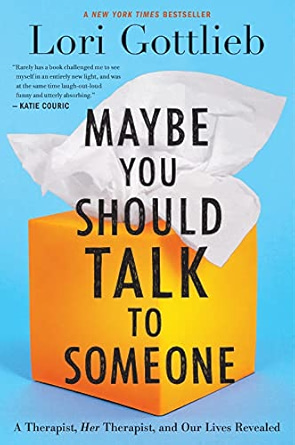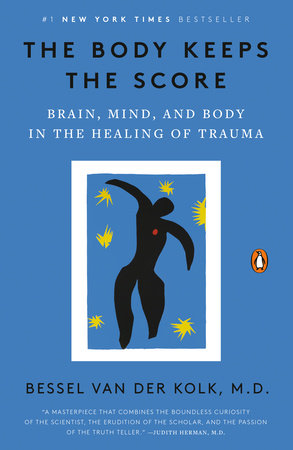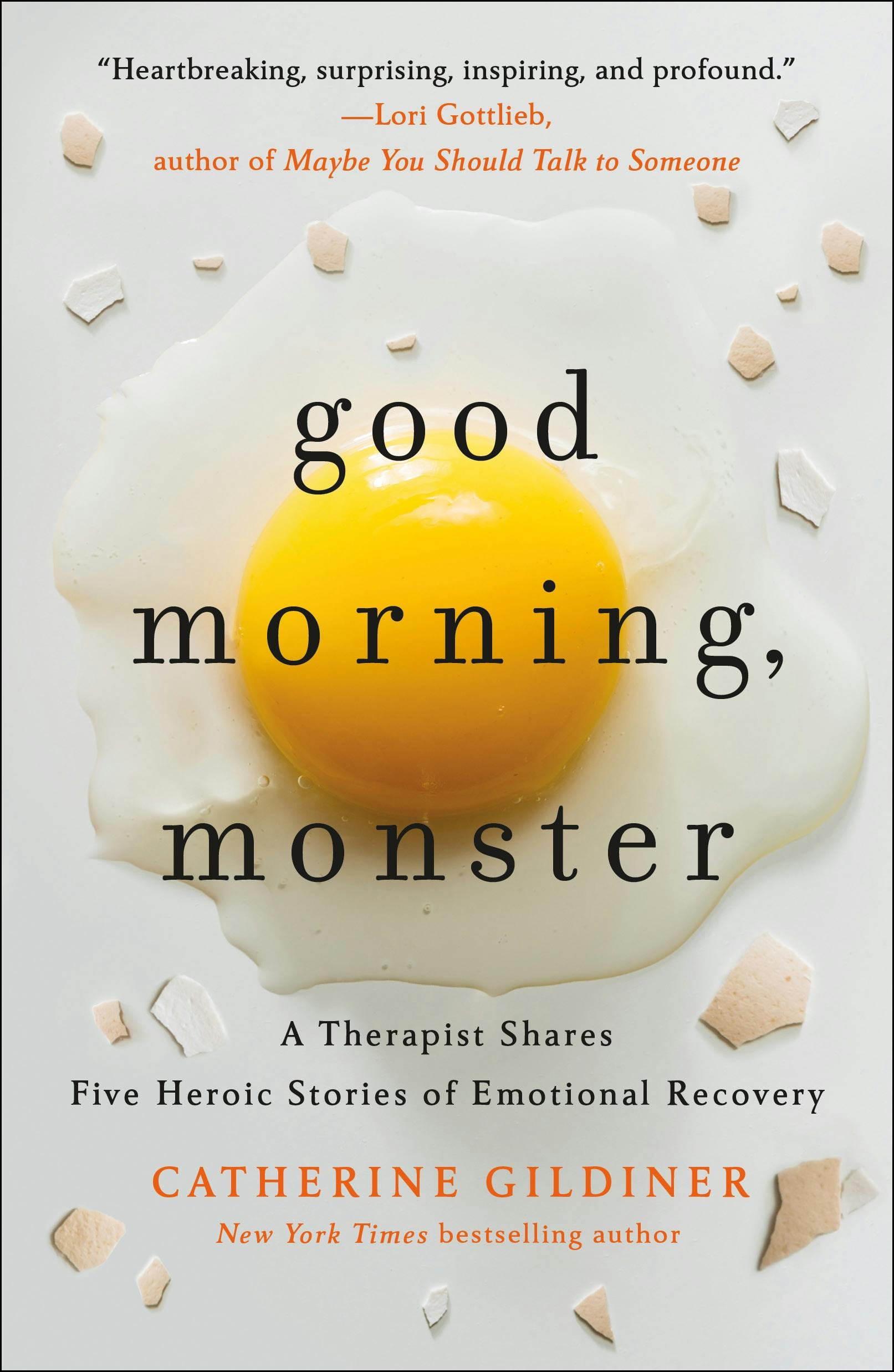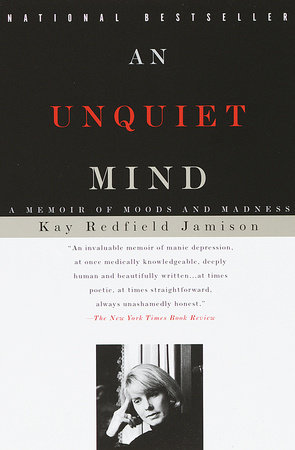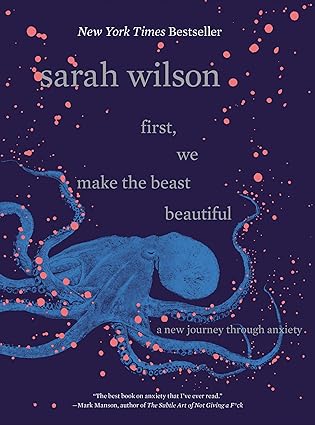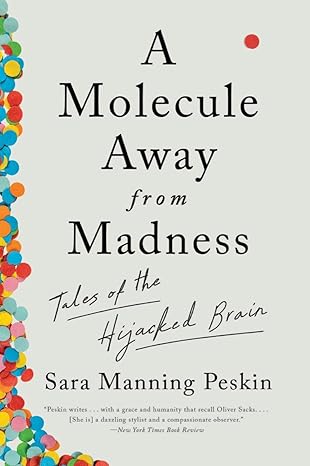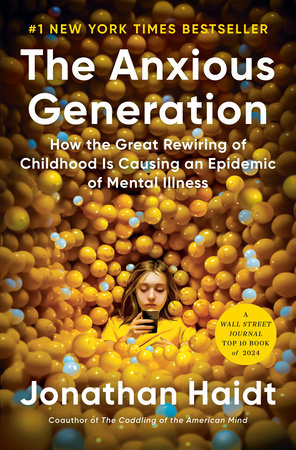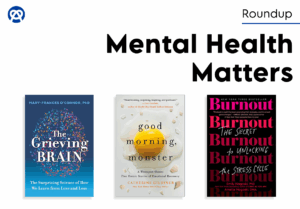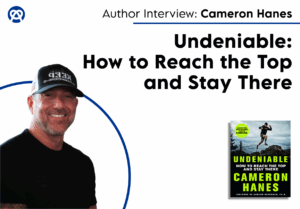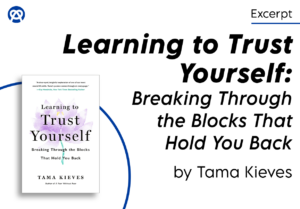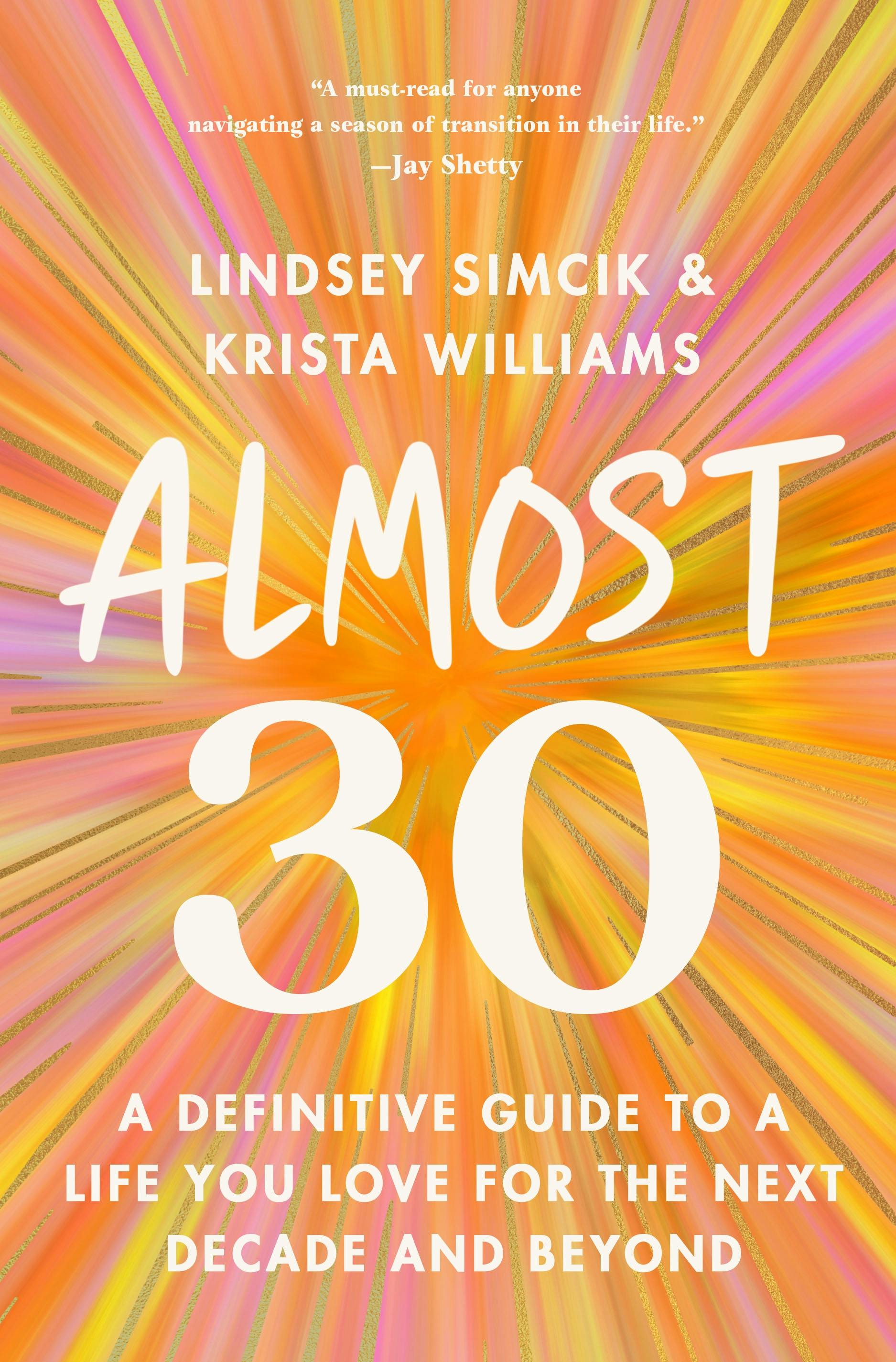Mental Health Awareness Month has been observed in May in the United States since 1949. This is a time to raise awareness and reduce stigma surrounding mental health issues. Here are some recommended books to explore the issues, personal stories, and science of mental health.
by Lori Gottlieb
One day, Lori Gottlieb is a therapist who helps patients in her Los Angeles practice. The next, a crisis causes her world to come crashing down. Enter Wendell, the quirky but seasoned therapist in whose office she suddenly lands. With startling wisdom and humor, Gottlieb invites us into her world as both clinician and patient, examining the truths and fictions we tell ourselves and others as we teeter on the tightrope between love and desire, meaning and mortality, guilt and redemption, terror and courage, hope and change. Maybe You Should Talk to Someone is revolutionary in its candor, offering a deeply personal yet universal tour of our hearts and minds and providing the rarest of gifts: a boldly revealing portrait of what it means to be human, and a disarmingly funny and illuminating account of our own mysterious lives and our power to transform them.
by Bessel van der Kolk
Trauma is a fact of life. Dr. Bessel van der Kolk, one of the world’s foremost experts on trauma, has spent over three decades working with survivors. In The Body Keeps the Score, he uses recent scientific advances to show how trauma literally reshapes both body and brain, compromising sufferers’ capacities for pleasure, engagement, self-control, and trust. He explores innovative treatments—from neurofeedback and meditation to sports, drama, and yoga—that offer new paths to recovery by activating the brain’s natural neuroplasticity. Based on Dr. van der Kolk’s own research and that of other leading specialists, The Body Keeps the Score exposes the tremendous power of our relationships both to hurt and to heal—and offers new hope for reclaiming lives.
by Catherine Gildiner
In this fascinating narrative, therapist Catherine Gildiner’s presents five of what she calls her most heroic and memorable patients. Each patient presents a mystery, one that will only be unpacked over years. They seek Gildiner’s help to overcome an immediate challenge in their lives, but discover that the source of their suffering has been long buried. Each patient embodies self-reflection, stoicism, perseverance, and forgiveness as they work unflinchingly to face the truth. Gildiner’s account of her journeys with them is moving, insightful, and sometimes very funny. Good Morning, Monster offers an almost novelistic, behind-the-scenes look into the therapist’s office, illustrating how the process can heal even the most unimaginable wounds.
by Kay Redfield Jamison
A deeply powerful memoir about bipolar illness that has both transformed and saved lives. Dr. Jamison is one of the foremost authorities on manic-depressive (bipolar) illness; she has also experienced it firsthand. For even while she was pursuing her career in academic medicine, Jamison found herself succumbing to the same exhilarating highs and catastrophic depressions that afflicted many of her patients, as her disorder launched her into ruinous spending sprees, episodes of violence, and an attempted suicide. In An Unquiet Mind, Jamison examines bipolar illness from the dual perspectives of the healer and the healed, revealing both its terrors and the cruel allure that at times prompted her to resist taking medication.
by Ron Powers
In No One Cares About Crazy People, New York Times-bestselling author Ron Powers offers a searching, richly researched narrative of the social history of mental illness in America paired with the deeply personal story of his two sons’ battles with schizophrenia. A blend of history, biography, memoir, and current affairs ending with a consideration of where we might go from here, this is a thought-provoking look at a dreaded illness that has long been misunderstood.
by Damon Tweedy, M.D.
From the New York Times bestselling author of Black Man in a White Coat comes a powerful and urgent call to center psychiatry and mental health care into the mainstream of medicine. In Facing The Unseen, professor of psychiatry, and practicing physician Damon Tweedy guides us through his days working in outpatient clinics, emergency rooms, and hospitals as he meets people from all walks of life who are grappling with physical and psychological illnesses. In powerful, compassionate, and eloquent prose, Tweedy argues for a more comprehensive and integrated approach where people with mental illness have a health care system that places their full well-being front and center.
by Sarah Wilson
The Chinese believe that before you can conquer a beast, you must first make it beautiful. This Chinese proverb became the key for Sarah Wilson to understand her own lifelong struggle with anxiety. In First, We Make the Beast Beautiful, Wilson directs her intense focus and fierce investigating skills onto her lifetime companion, looking at the triggers and treatments, the fashions and fads. Practical and poetic, wise and funny, it will encourage the myriad souls who dance with this condition to embrace it as a part of who they are, and to explore the possibilities it offers for a richer, fuller life.
by Mary-Frances O’Connor
In The Grieving Brain, neuroscientist and psychologist Mary-Frances O’Connor, PhD, gives us a fascinating new window into one of the hallmark experiences of being human. O’Connor has devoted decades to researching the effects of grief on the brain, and in this book, she makes cutting-edge neuroscience accessible through her contagious enthusiasm, and guides us through how we encode love and grief. With love, our neurons help us form attachments to others; but, with loss, our brain must come to terms with where our loved ones went, or how to imagine a future without them. Based on O’Connor’s own trailblazing neuroimaging work, research in the field, and her real-life stories, The Grieving Brain combines storytelling, accessible science, and practical knowledge that will help us better understand what happens when we grieve and how to navigate loss with more ease and grace.
by Sara Manning Peskin
Our brains are the most complex machines known to humankind, but they have an Achilles heel: the very molecules that allow us to exist can also sabotage our minds. With an intoxicating blend of history and intrigue, Sara Manning Peskin invites readers to play medical detective, tracing each diagnosis from the patient to an ailing nervous system. Along the way, Peskin entertains with tales of the sometimes outlandish, often criticized, and forever devoted scientists who discovered it all. The proteins that abound in every cell of our bodies are not simply strings of oxygen, hydrogen, nitrogen, and carbon; they are the building blocks of our personalities and relationships. A Molecule Away from Madness is an unputdownable journey into the deepest mysteries of our brains.
by Emily Nagoski and Amelia Nagoski
This groundbreaking book explains why women experience burnout differently than men—and provides a roadmap to minimizing stress, managing emotions, and living more joyfully. What’s expected of women and what it’s really like to exist as a woman in today’s world are two different things—and we exhaust ourselves trying to close the gap. Sisters Emily Nagoski, PhD, and Amelia Nagoski, DMA, are here to help end the all-too-familiar cycle of feeling overwhelmed and exhausted. They compassionately explain the obstacles and societal pressures we face—and how we can fight back. With the help of eye-opening science, prescriptive advice, and helpful worksheets and exercises, all women will find something transformative in Burnout—and will be empowered to create positive change.
by Stephanie Foo
By age thirty, Stephanie Foo was successful on paper: She had her dream job and a loving boyfriend. But behind her office door, she was having panic attacks and sobbing at her desk every morning. After years of questioning what was wrong with herself, she was diagnosed with complex PTSD—a condition that occurs when trauma happens continuously, over the course of years. In this deeply personal and thoroughly researched account, Foo interviews scientists and psychologists and tries a variety of innovative therapies. Ultimately, she discovers that you don’t move on from trauma—but you can learn to move with it. Powerful, enlightening, and hopeful, What My Bones Know is a brave narrative that reckons with the hold of the past over the present, the mind over the body—and examines one woman’s ability to reclaim agency from her trauma.
by Uma Naido
When it comes to diet, most people’s concerns involve weight loss, fitness, cardiac health, and longevity. But what we eat affects more than our bodies; it also affects our brains. And recent studies have shown that diet can have a profound impact on mental health conditions, including: ADHD, depression, anxiety, sleep disorders, OCD, dementia, and more. A triple threat in the food space, Dr. Uma Naidoo is a board-certified psychiatrist, nutrition specialist, and professionally trained chef. In This Is Your Brain on Food, she draws on cutting-edge research to explain the many ways in which food contributes to our mental health, and shows how a sound diet can help treat and prevent a wide range of psychological and cognitive health issues.
by Jonathan Haidt
After more than a decade of stability or improvement, the mental health of adolescents plunged in the early 2010s. Rates of depression, anxiety, self-harm, and suicide rose sharply, more than doubling on many measures. Why? In The Anxious Generation, social psychologist Jonathan Haidt lays out the facts about the epidemic of teen mental illness that hit many countries at the same time. Most important, Haidt issues a clear call to action. A must-read for all parents: the generation-defining investigation into the collapse of youth mental health in the era of smartphones, social media, and big tech—and a plan for a healthier, freer childhood.

